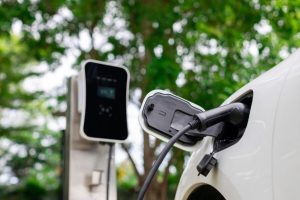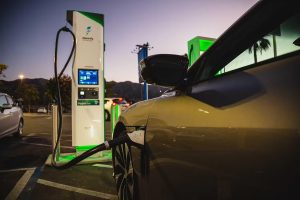
Dominican Republic: Authorities Introduce Electromobility Ecosystem Regulation

In order to have clear rules of the game and establish guidelines that generate confidence and security in the actors involved, the government of the Dominican Republic published the legal framework for electromobility.
The Superintendency of Electricity (SIE), the entity in charge of the issue, held a hearing to learn about the proposed “Regulation of Applicable Rates for Electric Vehicle Recharging” and the “Technical Regulation for Electric Vehicle Recharging Systems”, in order to create a legal framework to regulate the activity.
The governing institution of the Dominican electricity sector is responsible for the regulation of electric mobility in the country, including tariff and technical aspects, according to a press release.
Read also: Copec Prepares Construction of the First Electroterminal Outside Santiago de Chile
Regulatory Objectives
The regulations will focus on fundamental aspects related to commercialization, interoperability, commercial and residential tariffs, technical and safety aspects, impact on the electricity supply network, energy consumption, smart charging, registration and transactions of charging stations, legal aspects and international best practices.
Other areas that will be governed by the legal framework are the procedures and authorizations for the installation of charging infrastructures, technical and tariff requirements for the connection of vehicle charging stations or points located in public and private places of general use.
Likewise, the availability of charging points within the area of influence of any electric company providing public electricity distribution services in the country will be regulated.
“This public hearing is very important for all of us and for the country, since the issue of the regulation of electric mobility is a challenge that we have taken on, to move more and more towards an energy transition, adopting sustainable and environmentally friendly practices”, declared the President of the SIE Council, Superintendent of Electricity, Andres Astacio Polanco, during the act of dissemination of the regulations.
The official highlighted the collaboration of the German Cooperation Agency GIZ, who, through the Energy Transition project, financed the consultancy for the development of the proposals presented.





